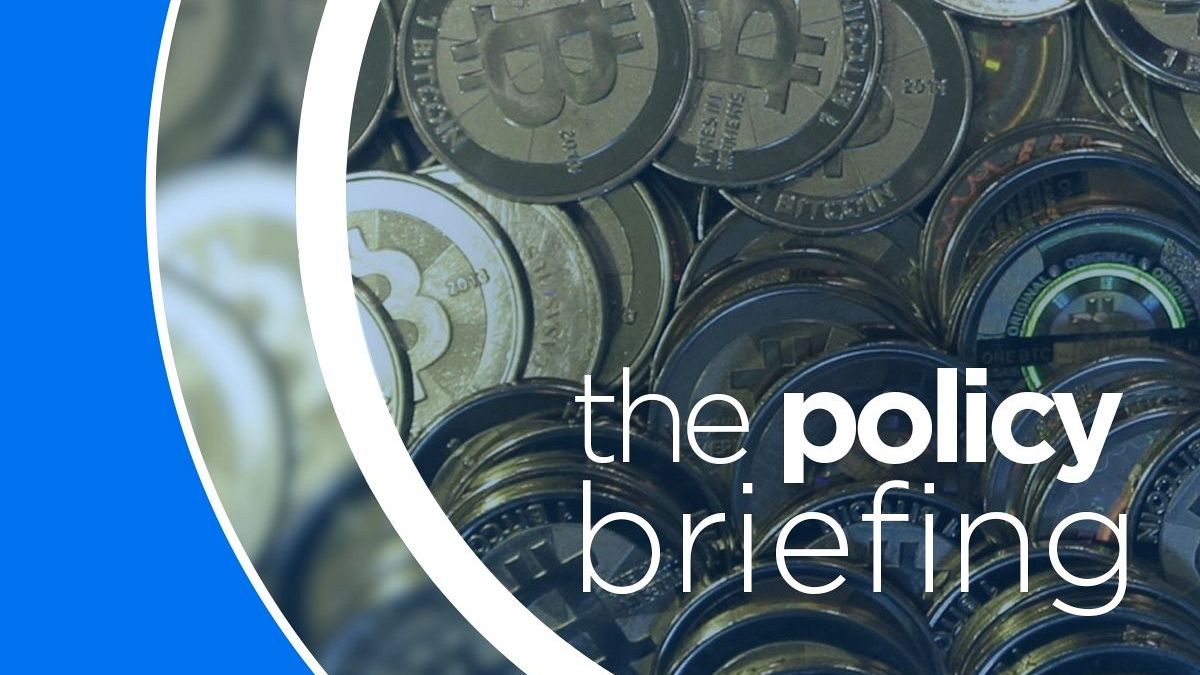This week, there are several key events on the financial calendar presented by senior financial reporter Jack Schickler. The 7th European Nuclear Safety Conference will take place on Monday and Tuesday, followed by the European Summit of heads of state in Brussels on Thursday and Friday to set a strategic agenda and discuss EU top jobs. Additionally, on Sunday, the EU law on cryptocurrency, known as the Markets in Crypto Assets regulation (MiCA), will take effect. This law aims to provide consumer protection in the cryptocurrency sector, which has been plagued by scams and manipulation. However, industry figures are concerned about the unclear rules and the lack of authorized crypto players just days before the law is implemented.
The MiCA law was finalized last year after years of negotiations and represents a world-first in terms of regulating cryptocurrencies. It is designed to apply financial laws to those trading bitcoin and other digital assets, with a focus on stablecoins that seek a fixed value against assets like the dollar. The EU finance ministers were particularly concerned with stablecoins after Facebook announced its own stablecoin, Libra, in 2019. The law aims to prevent US big tech firms from introducing their own currencies that could potentially compete with the euro. However, the industry has faced challenges in complying with these new regulations, especially as many crypto figureheads have faced legal issues in recent years.
The incoming Dutch right-wing government has announced its policy focus, including centralised AI as a priority, with Zsolt Szabó nominated as the state secretary for digitalisation. Szabó, who has Hungarian roots, emphasized that IT issues are not aligned with political ideologies. Similarly, incoming Economy Minister Dirk Beljaarts, who also has Hungarian heritage, has renounced his Hungarian passport. This move has sparked criticism from the opposition, as dual nationality has been a contentious issue in Dutch politics.
As the EU cryptocurrency law takes effect, the sector faces uncertain times due to unclear regulations and a lack of authorized players. The law aims to provide consumer protection in a sector known for scams and manipulation, particularly focusing on stablecoins. However, complying with these bank-style regulations has been challenging for the industry, which has previously operated with few regulatory constraints. The hope is that these new regulations will bring credibility to the sector and attract more traditional financial firms. However, if no players are able to comply, the regulation could potentially kill the sector altogether.
Overall, this week’s financial events highlight the challenges and opportunities facing the cryptocurrency sector in Europe. The implementation of the MiCA law represents a significant milestone in regulating digital assets and protecting consumers. However, the industry must navigate uncertain regulatory waters in order to comply with the new rules. The policies of the incoming Dutch government also shed light on the focus on digitalisation and AI, with a particular emphasis on centralised AI initiatives. As the global financial landscape evolves, it will be crucial for policymakers and industry players to work together to ensure a stable and innovative financial sector.











